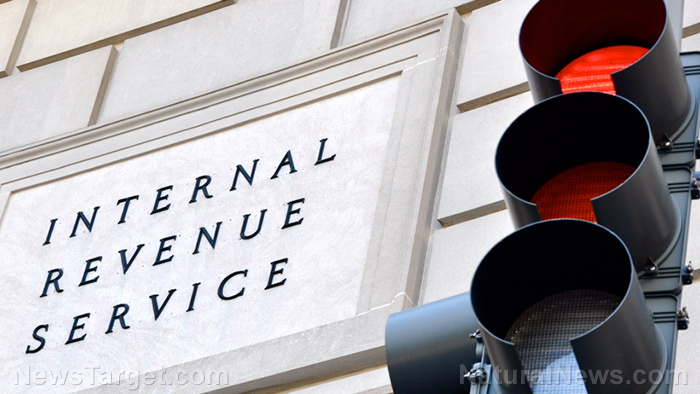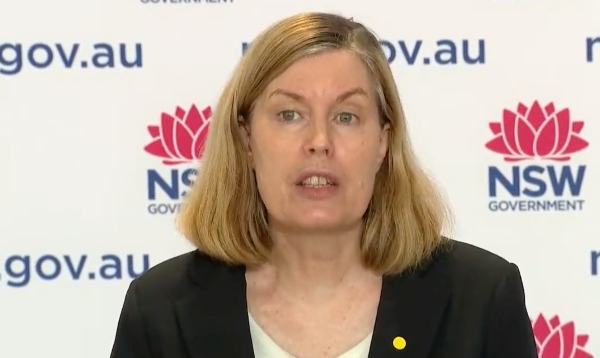Banks pushing back against Biden’s new IRS “bank account snooping” proposal
09/24/2021 / By Cassie B.

A new proposal by the Biden administration aimed at curbing tax evasion is drawing strong opposition from the banking world.
The proposal is part of the $3.5 trillion reconciliation package that is currently being considered by Congress and would require financial institutions such as banks to report any deposits and withdrawals that total more than $600 annually to and from every business and personal account to the Internal Revenue Service.
More than 40 business and financial groups joined the American Bankers Association in sending a letter last week to House Speaker Nancy Pelosi and House Minority Leader Kevin McCarthy objecting to the proposal.
The letter said that the proposal does not really appear to be targeted at its stated purpose of uncovering tax dodging by wealthy Americans. They added: “In addition to the significant privacy concerns, it would create tremendous liability for all affected parties by requiring the collection of financial information for nearly every American without proper explanation of how the IRS will store, protect, and use this enormous trove of personal financial information.”
The banks also pointed out that many people cite privacy concerns as one of the top reasons that they do not open financial accounts and take part in the country’s financial system, and this proposal would likely undermine their efforts to “reach vulnerable populations and unbanked households.”
In a September 16 speech on the economy, President Biden claimed that the rule is not about raising taxes for the wealthy but is instead aimed at obligating super-wealthy Americans to pay what they owe. It aims to close the tax gap, which is the difference between the taxes that are owed to the U.S. government and what is actually paid.
In a memo sent to congressional Democrats, the example was given of a taxpayer who has reported $10,000 in income but has a million dollars worth of flows into and out of their bank account; this type of summary information, they claim, could help to flag instances where high-income individuals are underreporting their income and, by extension, underpaying their taxes.
According to a report that was released by the Treasury, the rule could raise $460 billion in the coming decade. However, it would represent a huge headache for banks, who would need to aggregate and report nearly every banking transaction that people make, including transactions between a person’s own accounts.
New proposal amounts to a “dragnet”
The Vice President of the Independent Community Bankers of America (ICBA), Paul Merski, told the Epoch Times: “It’s a dragnet, it’s a collection of data on a scale that we’ve never seen before in the financial sector.”
The ICBA represents nearly 5,000 community banks in America and is one of many financial groups who believes that Biden’s finance proposal is an overreach. As it stands, banks already report a significant amount of data to the Internal Revenue Service. A large percentage of the 3.5-billion-plus information returns that were received by the IRS pertaining to tax year 2018 came from banks, including reports of interest paid on bank accounts, brokerage transactions, dividend income, mortgage interest and other types of reports.
Banks are already required to report all wire transfers that exceed $10,000 and any suspicious cash transactions to the government as part of the Bank Secrecy Act aimed at preventing criminal activities like money laundering. Merski said that it is reaching a point where banks are serving as police for the IRS.
Competitive Enterprise Institute Senior Fellow John Berlau told the Epoch Times: “The provision is a violation of Americans’ privacy rights and would be a crushing burden on community banks and credit unions struggling in the midst of the pandemic.”
Sources for this article include:
Tagged Under: banks, Biden, big government, financial information, insanity, IRS, money laundering, national security, police state, privacy watch, Resist, surveillance, Taxes, Tyranny
RECENT NEWS & ARTICLES
COPYRIGHT © 2017 PENSIONS NEWS




















